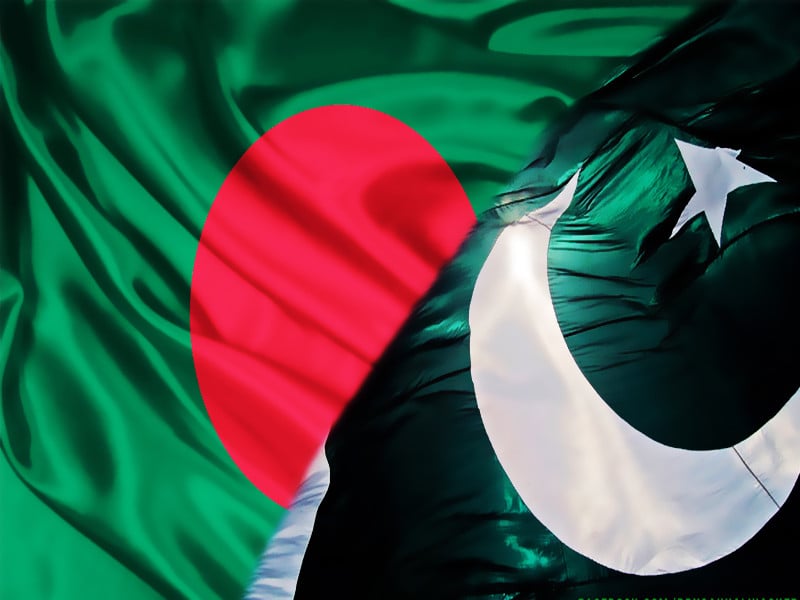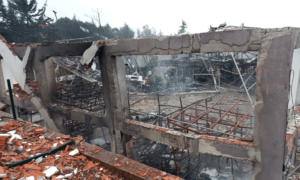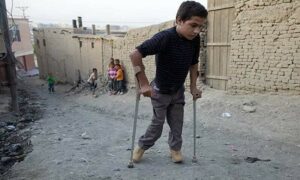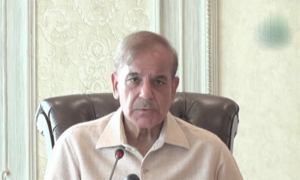ISLAMABAD:
Diplomats including ambassadors who served in Dhaka have prepared a strategy paper for the government of Pakistan, envisaging a roadmap to reset ties with Bangladesh after the recent political change in the country, according to people familiar with the development.
They told The Express Tribune on Sunday that Prime Minister Shehbaz Sharif recently invited former high commissioners of Pakistan to Bangladesh and other retired diplomats for consultations on the recent changes in Dhaka and Pakistan’s strategy.
All of them spoke on condition of anonymity becuase of the sensitivity of the subject.
One source said the meeting was convened by the prime minister to seek input from retired ambassadors on how to reset ties with Bangladesh.
After weeks of violent protests, former prime minister Sheikh Hasina fled to India on August 5, ending her 15-year what many see autocratic rule in Bangladesh.
Pakistan saw an opening in mending ties with Bangladesh after her ouster. Relations between Pakistan and Bangladesh remained strained during the 15-year rule of Hasina. Islamabad did make attempts to improve ties with Dhaka but Hasina rebuffed those efforts.
The daughter of Bangladesh’s founding leader Sheikh Mujib developed close ties with India as she often consulted New Delhi on matters with Pakistan.
While her removal from office was a serious setback for India, it is a chance for Pakistan to seek a turnaround in the relationship with Bangladesh.
Against the backdrop of this transition, retired diplomats have made several suggestions to the government.
The strategy paper handed over to the prime minister provides a roadmap on Pakistan and Bangladesh ties. The retired diplomats believe that Pakistan must cash in on this opening but with a careful and deft diplomacy.
The government was advised to pursue ties with Bangladesh with low key approach focusing on developing close ties with the people of Bangladesh without taking any sides. The government was also told not to indulge in any overt moves that suggest any meddling in the internal matters of Bangladesh.
India has paid the heavy price for patronising Sheikh Hasina. One of the reasons people of Bangladesh was angry with her was because she was seen a puppet of India.
“Bengalis are independent minded people. They will never accept hegemony of any country,” commented a retired bureaucrat, who has roots in Bangladesh.
The retired diplomats proposed that Pakistan must not view relationship with Bangladesh through the Indian lens. Irrespective of the nature of relationship between Bangladesh and India in the future, Pakistan must follow its own path.
India and Bangladesh share more than 4,000 kilometres long border and despite their current hostility both countries will have to have some working relationship, according to observers.
One retired bureaucrat suggested that Pakistan can either appoint a special envoy on Bangladesh or name someone a high commissioner, who is Bengali speaking.
“There are many good retired foreign service officers who are Bengali speaking. If Pakistan can have 78-year old Munir Akram as Ambassador to UN, why can’t we appoint some veteran diplomat in Dhaka,” he asked.
There was a sense that due to deterioration in bilateral ties with Bangladesh during Hasina’s term, Pakistan stopped appointing competent foreign service officers as high commissioner to Dhaka.
“That should change. We must treat Dhaka as a station, meaning the post of high commissioner must go to a competent diplomat,” said a retired bureaucrat.
Since the removal of Hasina, Pakistan and Bangladesh have established high level contacts. Prime Minister Shehbaz Sharif spoke to Chief Adviser of Bangladesh government Professor Muhammad Yunus on Friday. This was first contact at the highest level between the two countries in many years.
The foreign secretaries of Pakistan and Bangladesh also met the sidelines of recent OIC conference.







